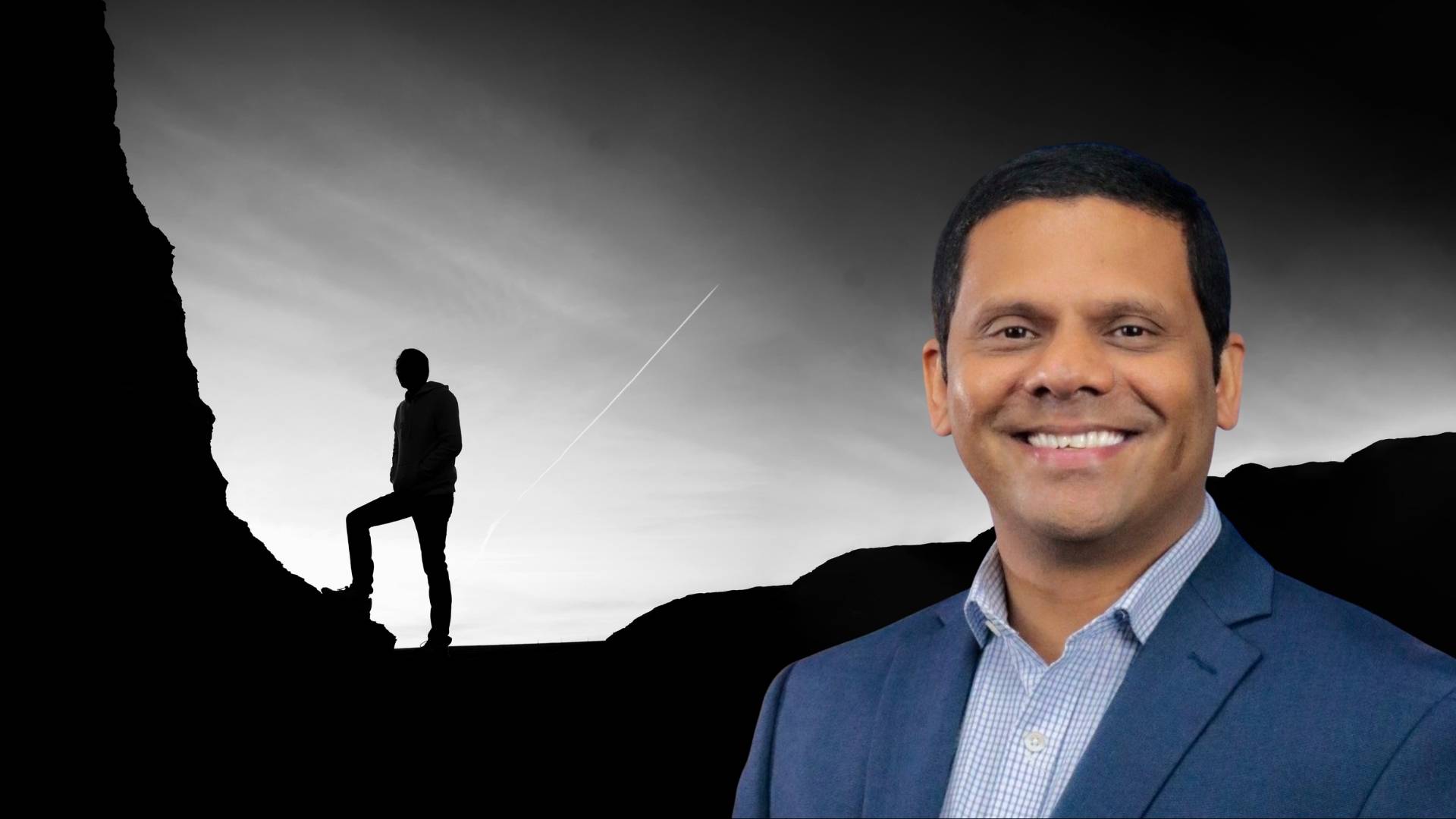Top 100 Data Innovator: Bell and Howell’s Haroon Abbu PhD

Haroon Abbu PhD, VP, Digital, Data and Analytics at automation equipment manufacturer and service provider Bell and Howell, shares how he accelerated the company’s digital transformation in 2021 and the challenges he’s facing in 2022
What would you say have been your greatest achievements at Bell and Howell over the past 12-24 months?
Bell and Howell has a long history of innovation. As one of the largest service organizations in North America, we are leveraging state-of-the-art technology – from robotics to machine learning – to provide remote equipment monitoring, servicing, and analytics.
Bell and Howell had started its digital transformation before COVID-19. So, we were on a path towards digital transformation. But pandemic actually accelerated it.
We put in place a digital backbone for remote monitoring of our equipment that collects, analyzes, and models machine log data, automatically creates service calls based on algorithms, visualizes key information, and then sends prescriptive actions to field technicians in real-time. We are leveraging the elasticity of the cloud as it allows us to start small and scale up or down as needed both in terms of technology and price. At this point, we are close to repairing 98% of our service calls remotely on some product lines.
Secondly, we went live with cloud-based field service management software that has produced tremendous results in not only supporting our technicians in the field but also in serving our customers with improved response times. As part of this deployment, we also launched a customer web portal where customers can place and manage all aspects of service calls including analytics and reports. Thirdly, we rolled out power metrics that are visualized using Tableau in real-time; everyone in the company can have access to KPIs that matter to them.
The significant part of the success story is data analytics; how we determine what needs to be monitored and measured using analytics, compute, and algorithms. Data is the foundation of remote service, predictive service, and all things digital.
What new challenges are you encountering as Bell and Howell progresses through its digital journey?
I’ve done a lot of research and interviewed several digital leaders as to what makes digital transformation successful and co-authored a book [with North Carolina State University’s Paul Mugge and RWTH Aachen University’s Gerhard Gudergan] entitled, Trust: The Winning Formula for Digital Leaders, a practical guide for companies engaged in digital transformation.
One of the key themes that come up in the book, especially in established companies is about promoting an entrepreneurial mindset—a startup culture—that’s essential for successful digital transformation. How do we ensure the culture of innovation can coexist and thrive within an existing legacy culture?
So, at Bell and Howell, data analytics is strategically intentional for us. We established analytics as a center of excellence for the whole company. And we brought in people who are not only knowledgeable in the latest and greatest skillsets but also have a more entrepreneurial, more start-up-like mindset.
When it comes to digital initiatives, we need to try things fast. We need to fail fast, as well, and learn new things. And once we put things in place and are successful, how do we make sure the entire company knows about it so they can also become part of the journey?
We have implemented state-of-the-art tools in the last three years to transform our business. But how do you make sure that each and every technician, technicians’ managers, and all the way to senior management use the tools and information to make data-informed decisions?
At the end of the day, it's managing culture and showing the transformational value of data and analytics, which takes time. Digital transformation is more about people than it is about digital technology. It requires organizational changes that are customer-centric, backed by leadership, driven by radical challenges to corporate culture, and the leveraging of technologies that empower and enable employees.
What are the key things you want to achieve in the coming 12 months?
My priority will be to continue the path of transformation in the company. That means taking advantage of analytics and digital technologies such as IoT, machine learning, artificial intelligence and field service automation to improve efficiencies and business results. These are technologies that will transform the company and promote a culture of data, so we can permeate through the organization, show them the real value and get them on board.
Haroon Abbu PhD is one of our 2022 Global Top 100 Innovators in Data and Analytics. To discover the full list and exclusive interviews with this year's 'top 100', click here now.



